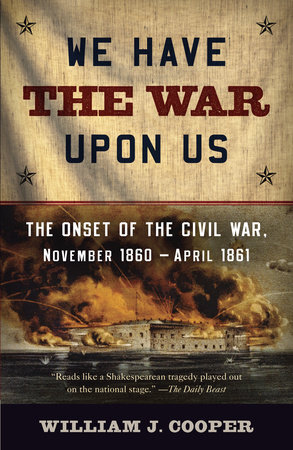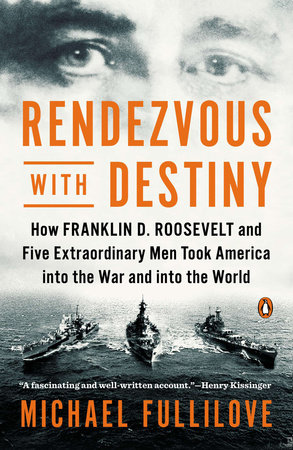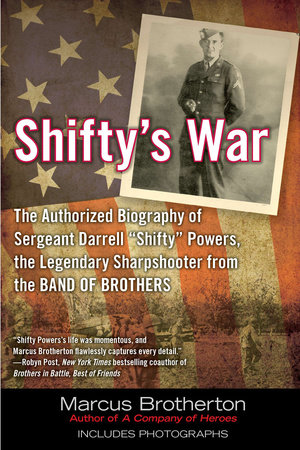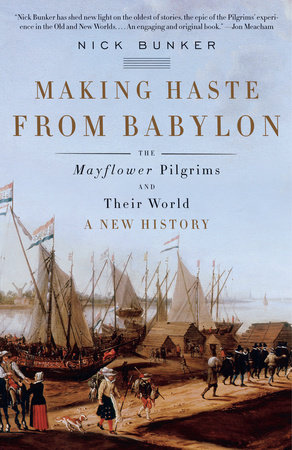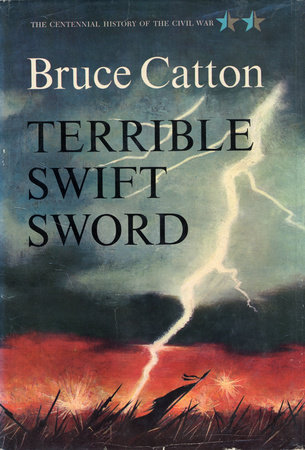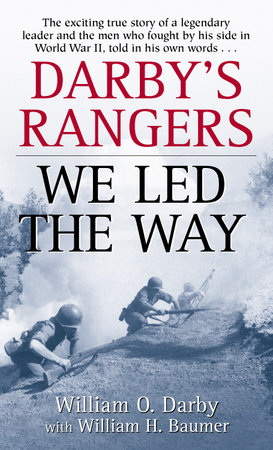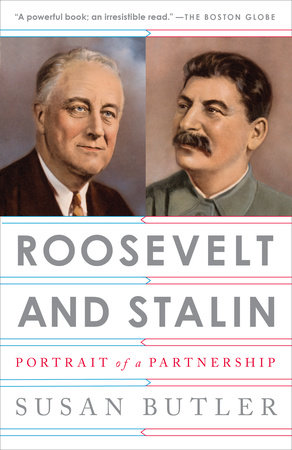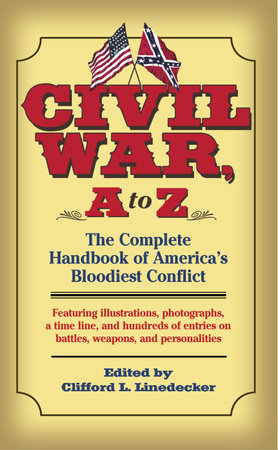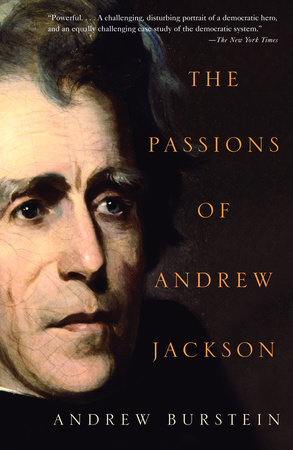Q: What distinguishes your focus in We Have the War Upon Us from other works of Civil War history?
A: My book focuses on why during the secession crisis the pro-compromise forces lost, or why the American tradition of sectional compromise established at the Constitutional Convention in 1787 and subsequently followed on several critical occasions failed. In the past few years a number of scholars have investigated different parts of this story, most notably the success of the secessionists and the dynamics within the Republican party. But prior to We Have the War Upon Us no one else has concentrated on the failure of compromise nor treated North and South, Republican and Democrat, sectional radicals and sectional conservatives in the same place.
Q: Could Abraham Lincoln have eased the growing tension between the Republicans and the southern states had he chosen to voice his opinions about the rising conflict as president-elect, or was he wise to keep out of the public forum prior to his inauguration?
A: Lincoln would surely have eased the growing tension had he spoken publicly provided he spoke as president-elect of the country, not simply as leader of the Republican Party. He would have had to proclaim that he was president of all Americans, not just Republicans. He would also have needed to say the he and his party accepted southerners as Americans, that they were neither political nor moral pariahs. Finally, he would have had to acknowledge southern concerns. A few times—once during his pre-inaugural trip to Washington and on a couple of occasions in the city prior to his inauguration—he did touch upon these themes. But that was late, and even then he never emphasized them.
Q: Besides president-elect Lincoln, who were the other major power players in the months leading up to the start of the war?
A: Besides Abraham Lincoln major players during the secession crisis include: Charles Francis Adams, Major Robert Anderson, Jeremiah Black, James Buchanan, Howell Cobb, John J. Crittenden, Jefferson Davis, Stephen A. Douglas, General Winfield Scott, William Henry Seward, Alexander H. Stephens, Thurlow Weed.
Q: How did Lincoln balance his personal views about the morality of slavery with his dedication to the Constitution?
A: Lincoln believed two things about the Constitution and slavery. First, he felt the Constitution protected slavery in states where it existed. Second, he was convinced that the thrust of the document was fundamentally antislavery; slavery could never be national. In his mind its authors in particular and the Founding Fathers in general never intended for slavery to expand. To him the expansion that had occurred had pulled America away from the antislavery path expected by the Founding Fathers. Thus, at the same time he could say he would never touch slavery in the states, but he would never permit the institution to expand beyond those borders. Of course, in fact the Founding Fathers bequeathed a more complicated legacy regarding slavery than Lincoln evidently wanted to recognize.
Q: Who were the fire-eaters? What was their impact on Congress?
A: The fire-eaters were radical secessionists, those who demanded immediate secession by individual states because in their view the Republican Party intended to destroy slavery and the South. By preaching this gospel they pressed regular southern politicians in and out of Congress, making it difficult for those men to follow a moderate path, unless they could demonstrate Republican agreement to key southern demands.
Q: Do you believe that Lincoln was naïve in his assumptions about the South and the feelings of Southerners?
A: I do not believe that Lincoln had any real understanding of the South. In particular, he did not comprehend either the widespread ownership of slaves or, especially, how deeply slavery had become embedded in southern society. Yes, both his wife and his best friend came from slave-owning families in Kentucky, but that part of the border South was all he knew. As a young man he had taken two trips down the Ohio and Mississippi Rivers to New Orleans, but since then he had not been in the slave states below the border. Moreover, he really had no friends among southern politicians who could have educated him about the geography of southern politics. Unsurprisingly, he did not acknowledge the distinctions between the fire-eaters and conservatives like Jefferson Davis, who had no relish for disunion.
Q: President Buchanan has had a reputation for weakness, yet you present a more complex view of his character during his last months in office. Although his inability to act allowed the crisis to escalate, he also demonstrated commitment to preventing war. Do you think he has been misjudged by history?
A: I think that hindsight has led the way in the condemnation of Buchanan. Lincoln acted differently and won. No one at the time, however, least of all Lincoln, knew that he would win, much less even imagine the price that would be required. Even so, despite enormous pressure from his longtime southern friends and political allies, Buchanan acted in ways that kept the U.S. flag flying in two seceded states. Thus, he left Lincoln with options his successor otherwise would not have had.
Q: Majority of Republicans didn’t want to have to decide between slavery and the Union, yet opposition to compromise in the territories was a main party platform. Wasn’t the issue of slavery central to the battle over the territories?
A: Most Republicans did not want to have to decide between slavery and the Union. Their opposition to compromising the territorial issue certainly involved their dislike for slavery. Yet even more it had to do with the unity of their party, for many feared that territorial compromise would result in the bolting of the hardliners, or the left wing, which could tear apart the party. Equally important, they saw the expansion of slavery as increasing the political power of the South in the nation, which they were determined to curb. In my view, for a substantial majority of Republicans these two motives outweighed any moral disdain for slavery.
Q: Has the relationship between Lincoln and William Seward been explored in such detail before?
A: All important books dealing with the secession crisis as well as biographies of Lincoln spend at least some time on the Lincoln-Seward relationship. I spend a great deal because I think it is central. My account focuses on Seward’s efforts to moderate Lincoln’s and his party’s stance and push the president-elect and then president away from a hard line toward compromise to a more conciliatory approach.
Q: Had Lincoln followed the policy suggestions of Seward (his Secretary of State) in regards to Fort Sumter, do you think that could have changed the course of the war? Or would it only have delayed the inevitable?
A: If Lincoln had accepted Seward’s approach either before or during the Fort Sumter crisis, events would have unfolded differently. There would have been no war when it occurred. Would that have meant only postponing an inevitable military conflict? I have no way of knowing; neither does anyone else.
